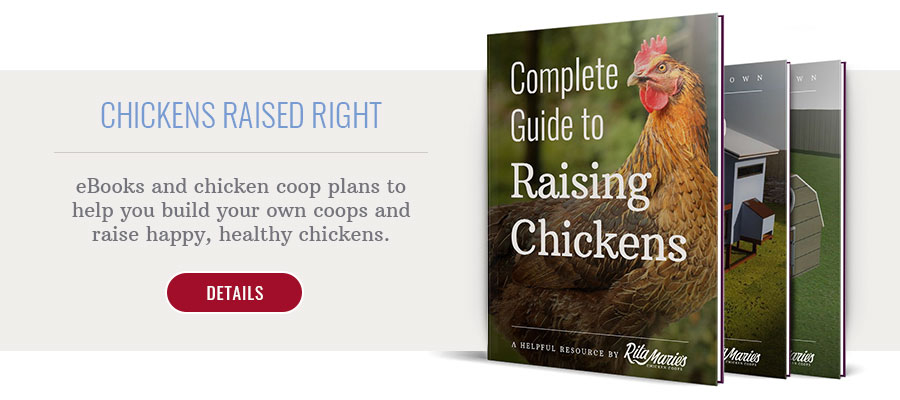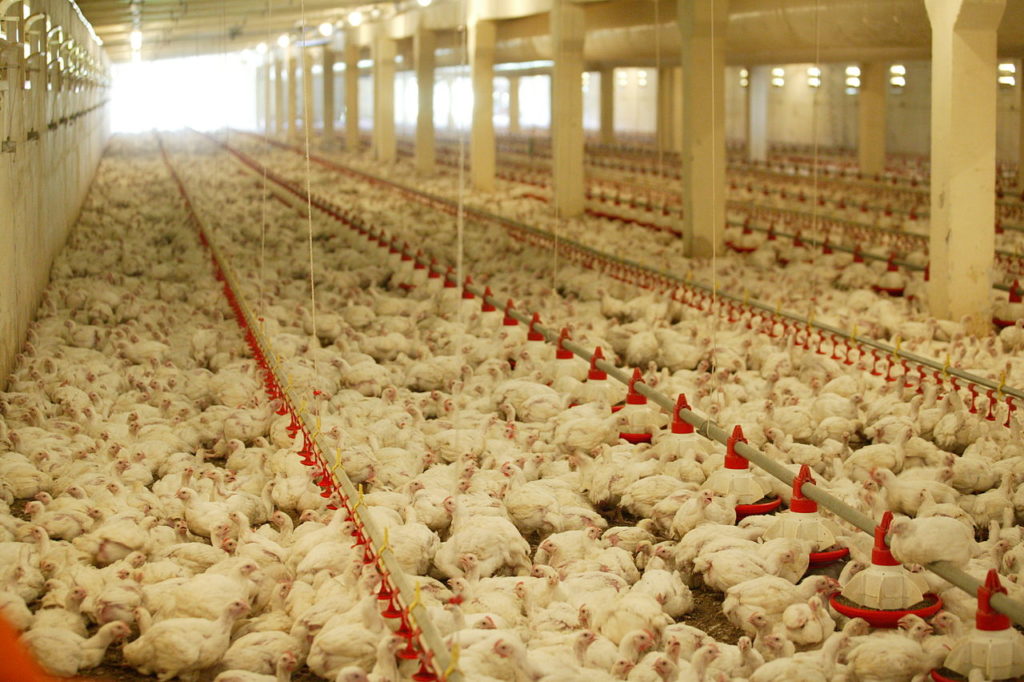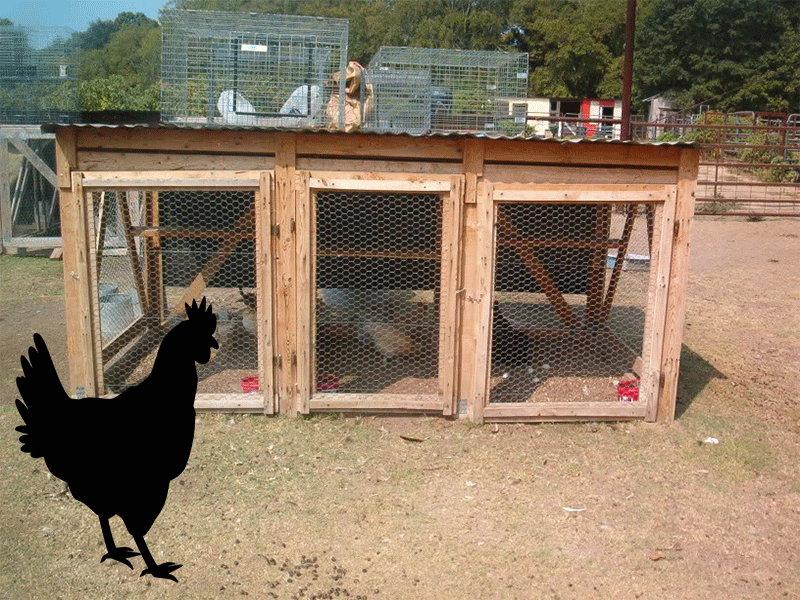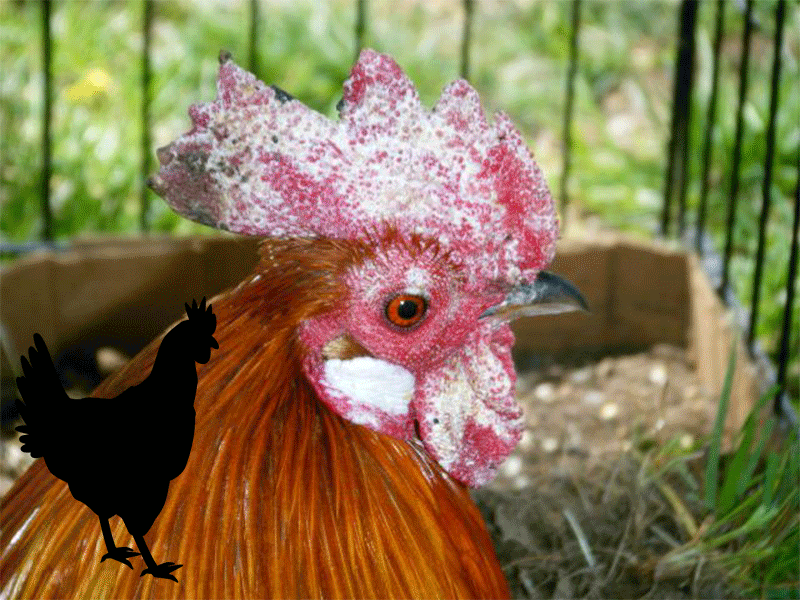At this point, you know the key things you need before you start training chickens and the kind of breeds you can choose depending on your needs and goals for keeping chickens. All you need to do now is to choose the best chicken flock.
Here are a few important questions you need to ask yourself before you decide on the kind of flock you want to keep.
What’s the Minimum or Maximum Number of Chickens Can I Keep?
If you are seriously considering keeping chickens you should at minimum start with two birds, preferably a mother hen and one rooster. This gives you the most options for growing or maintaining a flock.
Like other birds, chickens are social animals by nature and they tend to do well when reared in a flock. A single bird can get lonely and stressed, and that often leads to low egg production. When it comes to chickens, the more the merrier!
The maximum number of chickens you can keep depends on several factors, such as:
- Why are you raising chickens? The type of chickens you want to keep and the reason for keeping the chickens. Are you looking for chickens that you can breed for show all for meat and egg production? Some breeds kept for sausages Poland and Japanese Bantam do not produce a lot of eggs so don’t expect to get much from them besides the beauty and other aesthetic considerations. You, therefore, want need to keep a huge number of show chickens.
- How many eggs do you want? – How many eggs are you expecting to get from your chicken flock? If you’re keeping chickens for egg production, then go for breeds such as Gingernut Ranger, which is known to lay up to seven eggs in a week.
- What’s your budget? As previously stated, acquiring and taking care of chickens requires some financial investment. You need to spend some cash in building the chickens housing structures, buying chickens feed, and generally taking care of your flock by giving the medicine to prevent diseases or hiring a helper to help you with the daily tasks. Your budget will dictate the number of chickens you can comfortably keep without leaving them to starve or live in deplorable conditions.
- Do you need roosters? The answer to this question depends on your purpose for keeping the chickens. However, if you want your hens to reproduce then you must get at least one rooster (or “cockerel”). Consider the number of roosters you need. The best ratio is one rooster for every five hens because the males are known to be territorial and possessive over the hens and could end up fighting each other when mating competition occurs.
Below is a chart to help you determine how many laying hens to get, based on how many eggs you’d like per week. This is a very rough estimate, as there are lots of variables including: time of year, your latitude, chicken breed, average egg size, how much protein is in the chicken feed, and so on. But just for a starting point, we are using an average of 150 eggs per hen per year, which is roughly 3 eggs per week.
| Number of Chickens | Eggs per Week | Eggs per Year |
| 2 | 6 | 300 |
| 4 | 12 | 600 |
| 6 | 18 | 900 |
| 8 | 24 | 1,200 |
| 12 | 36 | 1,800 |
| 24 | 72 | 3,600 |





